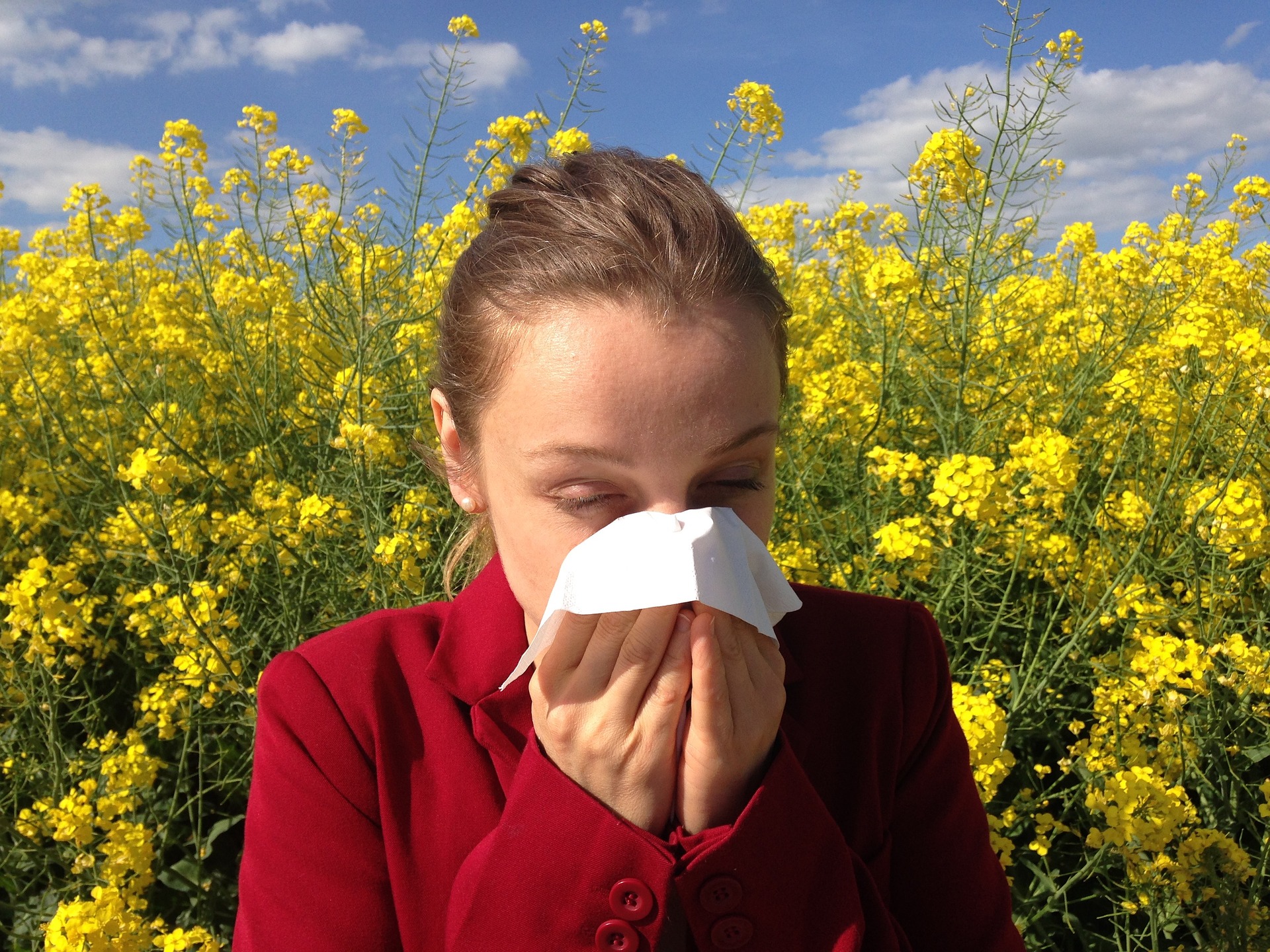
Warm days are not only an opportunity to rest and relax outdoors. In May, the allergy season usually begins, which often does not bypass drivers. A runny nose, sneezing and red eyes can affect safety at the wheel. Check how allergy affects driving.
Allergy behind the wheel
Statistics show that every third European has allergies. This driver may be the cause of many dangerous situations on the road. Qatar, sneezing and red eyes reduce concentration behind the wheel. How allergy affects driving? Did you know that during one sneeze at 100 km / h the driver overcomes about 20 meters with his eyes closed? Allergy can be felt at the least expected moment. So how do you avoid contact with allergens while driving?
A clean car is the basis
The interior of our car, upholstery, rugs and cockpit is a habitat for allergens, pollen and mites. Allergy sufferers who are particularly affected by the period of grass pollination or are allergic to dust should pay special attention to the cleanliness of the car.
What about the cabin filter?
The pollen filters in your car are an allergen barrier. This special filter is characterized by the use of low hygroscopic and antiseptic material. Thanks to this, you can be sure that all allergens will be stopped. In order for this solution to pass your exam, the filter must be replaced regularly. Experts indicate that the cabin filter should be replaced once a year or after 15,000 km. Also remember to service and clean the air conditioner on a regular basis.
Not all drugs are suitable for drivers
Relief of many allergies during an increased attack, for example sneezing and tearing, bring antihistamines. Unfortunately, not all are suitable for drivers. Some of them lower concentration and cause drowsiness. Anyone who plans to get behind the wheel after such drugs must carefully read the leaflet on the packaging. What preparations do you need to pay attention to?
First generation antihistamines
First generation antihistamines are agents that can cause many unwanted activities that affect behavior at the wheel. Most often, they may cause visual disturbances, dullness, drowsiness, deterioration of concentration.
Second generation antihistamines
Substances from this group are less troublesome. They have a much lower impact on the psychophysical condition. Only high doses or the initial treatment phase can cause drowsiness, for example. We also remind you that it is necessary to pay attention to the fact that every person can react individually to the effects of such a drug.
Drugs for colds
Antihistamines are not only used to treat allergies. Many of them are also used for cold symptoms. So if you have a cold and decide on a specific drug, read the leaflet carefully or contact a pharmacist who will tell you if you can take it if you want to drive a car.
Allergy is never pleasant. Sneezing and tearing can negatively affect our daily functioning. When choosing medicines, check how the allergy affects driving and learn everything about the means you use.
Source: www.infor.pl, www.leki.wieszjak.polki.pl
Decoding VIN Number


 EN
EN PL
PL RU
RU DE
DE HU
HU EE
EE LV
LV RO
RO SI
SI CZ
CZ LT
LT